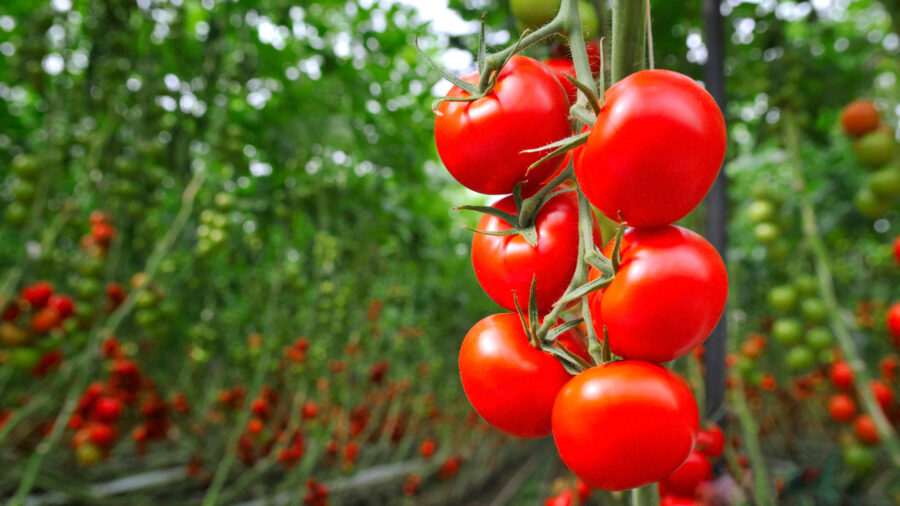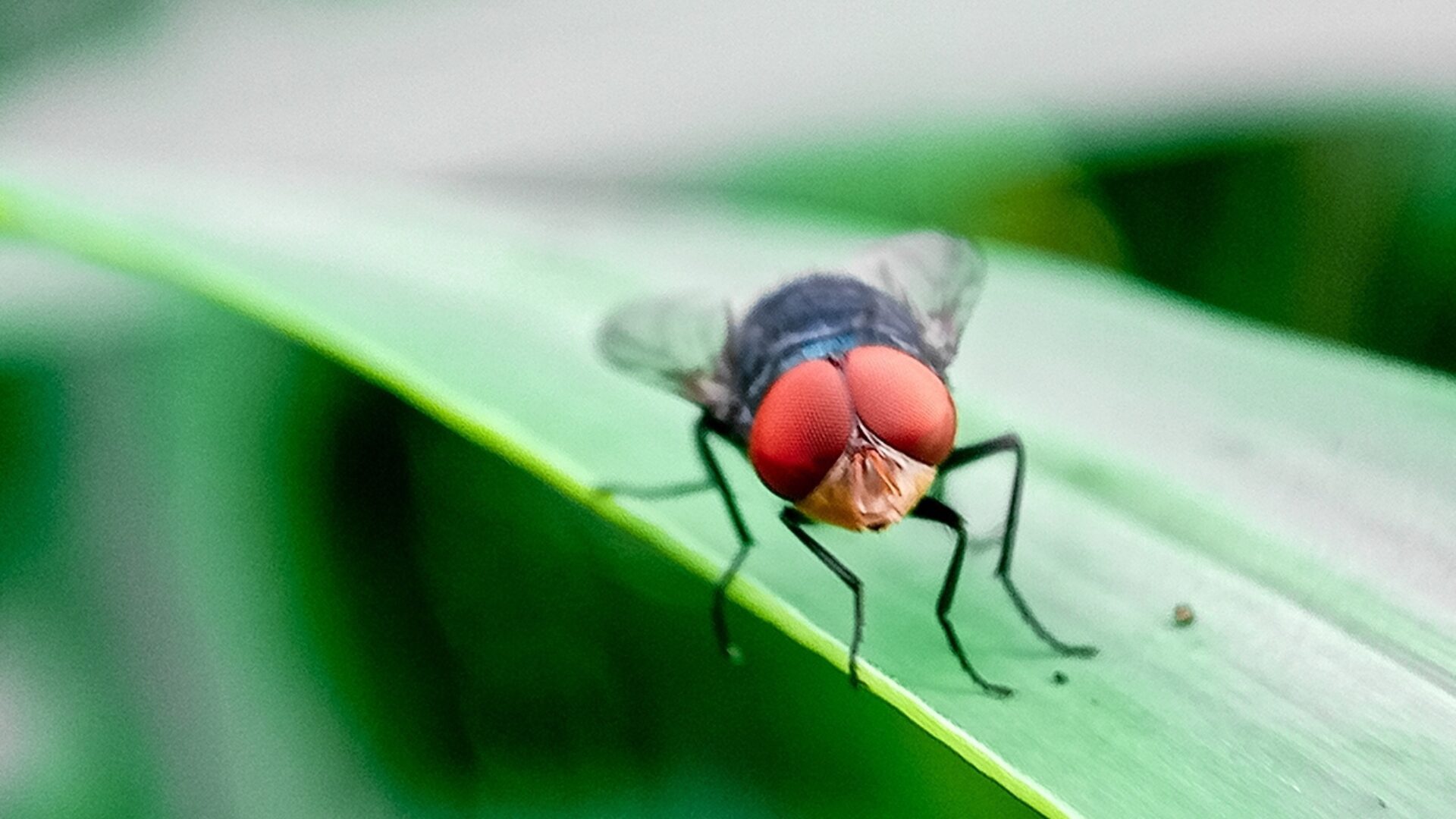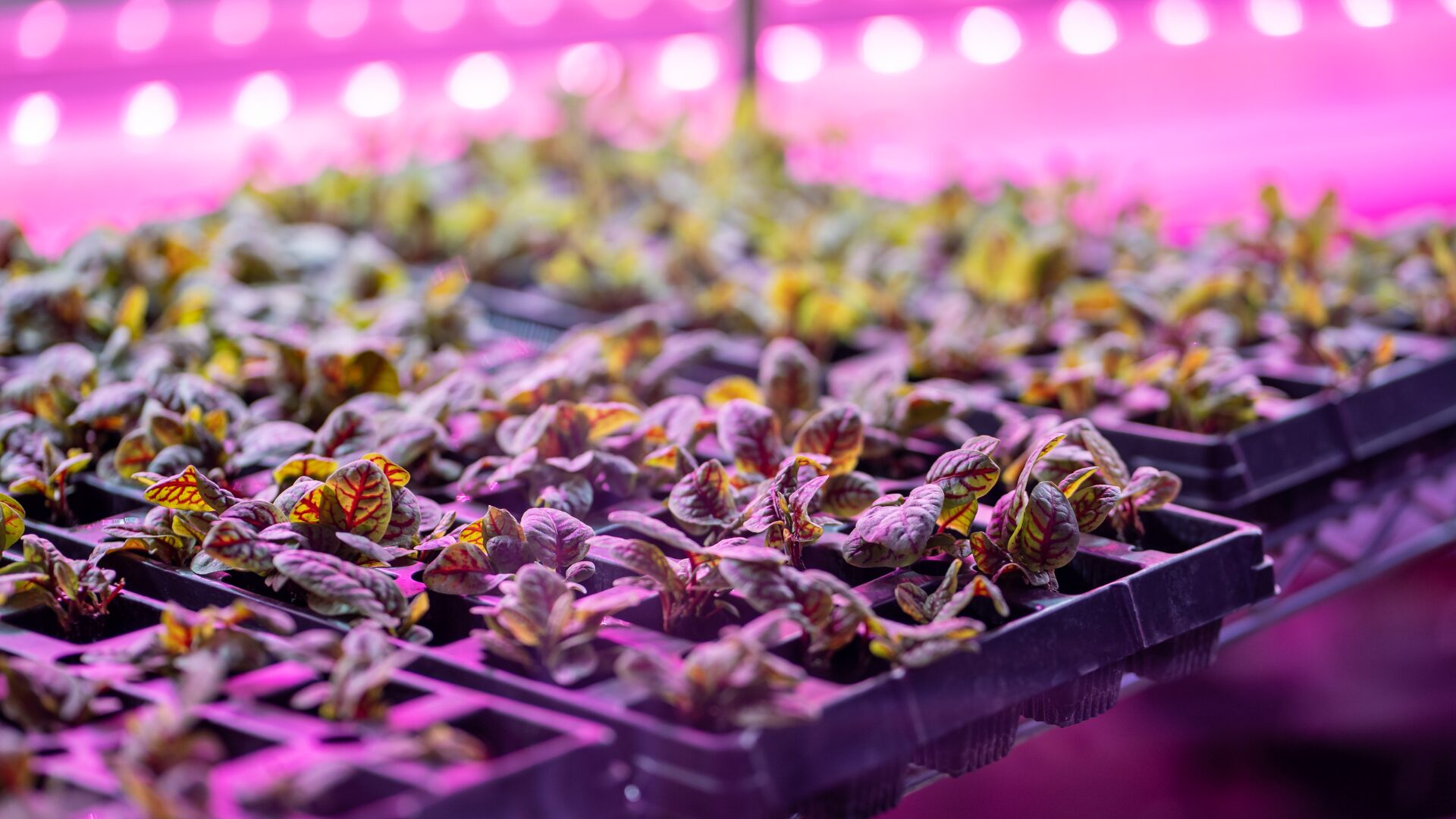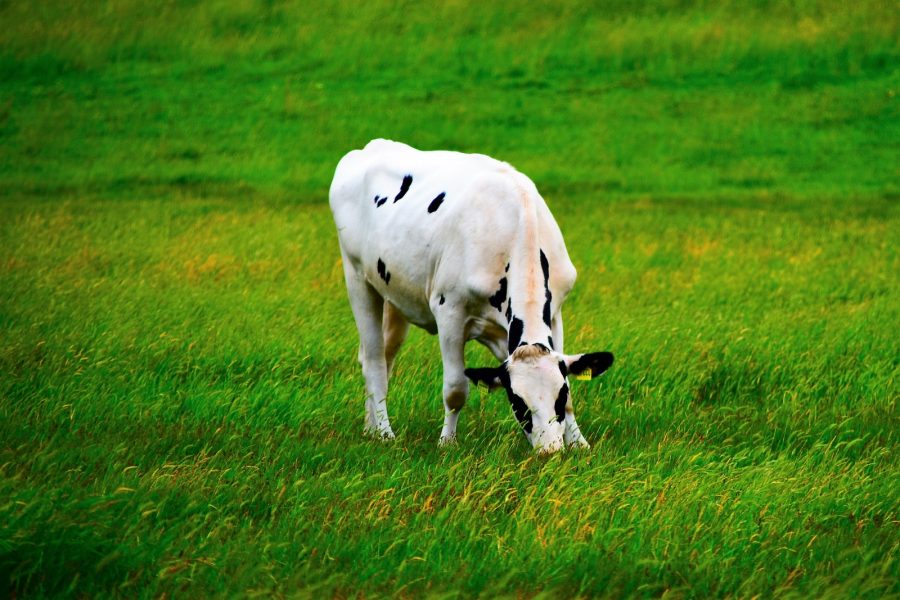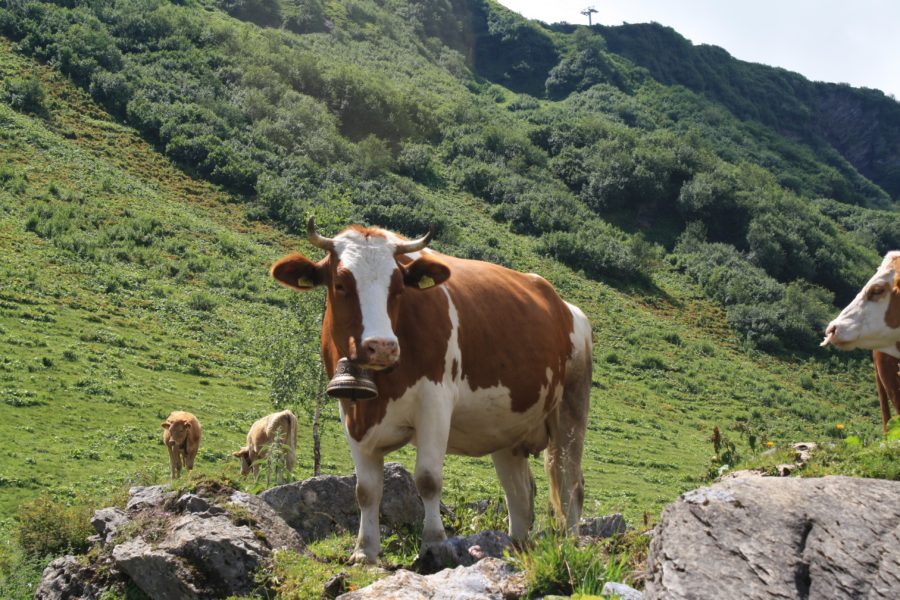The world is getting hotter, impacting every aspect of food production. Animals are overheating. Extreme temperatures are scorching crops. Does the future of food depend on high-tech solutions?
How sows and cows stay cool
Livestock under heat stress consume less, produce less, have lower fertility, and can experience a multitude of other problems that add up to major losses for farmers. In response to this issue, many American farmers have turned to technology to help keep their animals cool.
A new app launched by a team of scientists called HotHog uses local weather data to help farmers anticipate conditions that might be uncomfortable for pigs. There are also cooling pads for sows controlled by computers designed to quickly react to changes in the animals’ conditions or to the environment.
There are even wearable devices, comparable to a Fitbit, that track cows’ steps and eating patterns to monitor their overall health and identify signs of illness. On top of these high-tech solutions, most farmers also use misters, air conditioning, and giant fans to keep temperatures comfortable.
Smart greenhouses for a fertile desert
Meanwhile, as countries around the world grapple with crop production amid rising temperatures, some are investing in innovative solutions to grow food year-round even in the most unfavorable conditions.
In Saudi Arabia, a Dutch greenhouse company has been tasked with creating “a synthetic climate” in order to grow crops in the desert, Bloomberg reported.
Set to span an area roughly the size of 15 soccer fields, the greenhouses will be constructed outside of Neom, an entirely new city in development along the Red Sea coast. The project marks a massive food-tech investment for a country that has largely relied on imports to supply most of its food due to the arid climate and extreme heat.
The Dutch company Van der Hoeven will combine several of the latest horticulture technologies for the new greenhouses, including advanced water filtration systems and AI-driven crop growing.
A unique cooling system powered by sun and seawater will keep one location running during the extreme summer heat and use significantly less water from the local grid.
High-tech solutions like these, that promise both sustainability and increased yields, offer a hopeful glimpse into the future of food production. Still, both farmers and forward-thinking companies must not lose sight of the bigger picture.
The Food Institute Podcast
Seafood consumption is on the rise in the U.S., but changing conditions in the oceans are impacting where we source our fish. Atlantic Sapphire marketing director Max Francia joined The Food Institute Podcast to discuss the company’s Bluehouse Salmon brand, which sources land-farmed fish from Florida. In detail, Francia explains how the fishery facility works, in what channels the company sells its products, and the sustainability initiatives at play in their production process.


